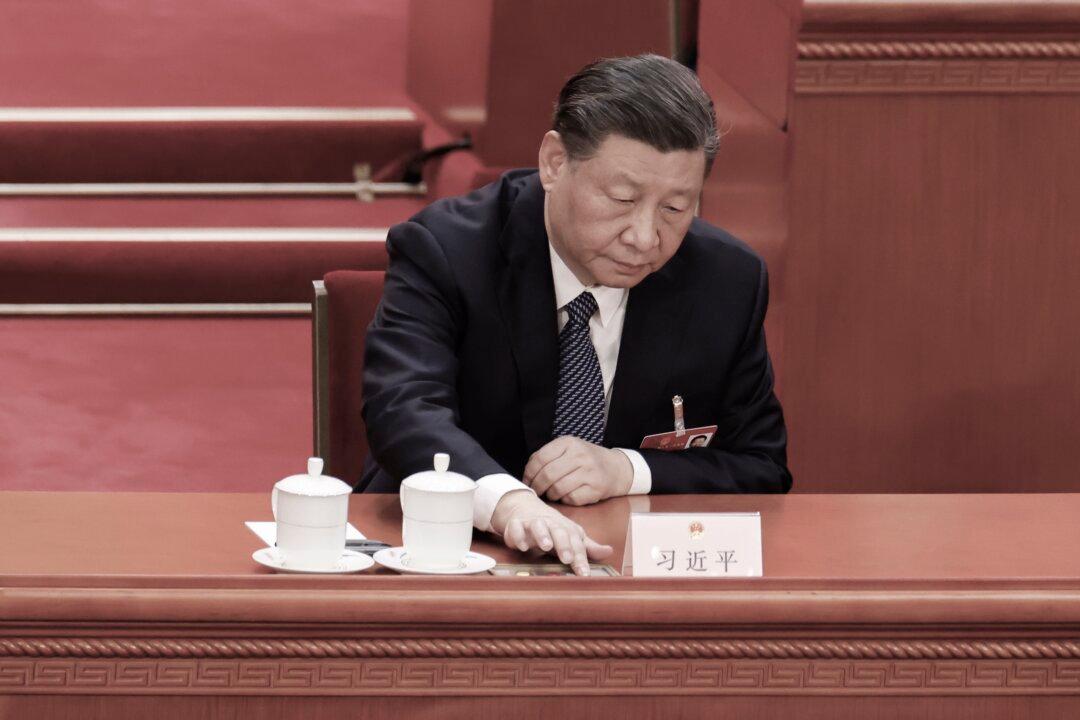The Chinese Communist Party (CCP) introduced a draft of its new patriotic education law for first reading to its rubber-stamp legislature, the National People’s Congress, last month. When passed, the law with 37 clauses will be applicable across various institutions and the Chinese diaspora.
Experts believe the law is an attempt by the CCP to reinforce its ideology of socialism with Chinese characteristics, and it also highlights the Party’s increasing fears of a civilian upheaval, which it aims to curtail through this law.





